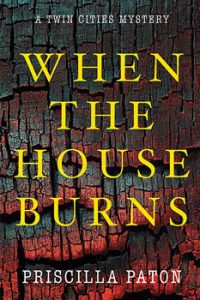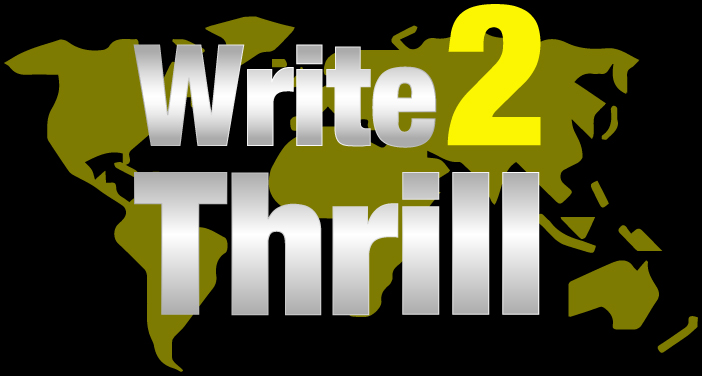Author Priscilla Paton, author of the Twin City Mysteries, is known for her suspenseful and well-researched novels. We asked Paton about the best resources for discovering hard-to-find information and those specific details that make a novel feel factually and emotionally authentic. Here’s what we learned.
By Jaden Terrell
Use Your Contacts
You probably have contacts you don’t realize you have. Do you work in an academic setting? Campus security officers work with local officials and often have law enforcement backgrounds. (That’s how Paton was invited to a seminar on stalking.) What about lawyers? Almost everyone knows one, and they can connect you with others. Need an expert on family trusts? Turn to family and friends who are realtors.
Send Cold Emails to Specialists
This takes nerve but can be invaluable. Be prepared to hear the word “no,” especially if you’re asking for insider information. You may hear a lot of them before you hear a “yes.” That said, you also need to be prepared for the “yes.” When you do an interview, respectfully note the person’s bearing, dress, and manner of speaking while you’re gathering information. Put everything into what Paton calls “the fictional mixer” to avoid depicting real people.
Community Programs
Community programs expose you to the victims of crimes and injustice, as well as to those trying to solve those problems. Paton is currently on the board of an organization that serves victims of domestic abuse. While she doesn’t work directly with clients, she learns about their needs, how the organization is run and funded, and the language used by clients, organizers, and law enforcement officers. This helps her accurately portray her detectives’ approach to their cases. But… it’s important to vet the group to ensure its legitimacy—and even more important to remember that your involvement must be sincere. “If you join a group,” Paton says, “do so for the sake of the group, not merely for your writing.”
 Other Research and Resources
Other Research and Resources
Paton does what she calls “foundational research,” site research, and “as needed” research. The foundational research, which she describes as being the closest to academic or journalistic research, grounds her in the topic. “Librarians can be a big help here,” she says. Other excellent research resources are newspapers, memoirs, documentaries, and online search engines and databases, like Google.
During the COVID pandemic shutdown, she had to be especially creative with site (or setting) research on neighborhoods and housing developments. “I was a frequent visitor to Niche.com and Realtor.com,” she says. “One mission-style house pictured online had a dragon mural running up the staircase, and that detail appears in the book.”
As-needed research is done when she’s stuck or after a draft is completed. She says, “I went to an Indian restaurant to get the menu right (and have a great meal) and saw another intriguing mural which made it into the book.” For WHEN THE HOUSE BURNS, Paton visited a shooting range expecting to explore on her own. Instead, an employee took her on an hour-long tour and answered specific questions about her novel. On another occasion, she was given a tour of a construction site and used the details she observed, like “the punch lists on white boards in the manager’s trailer and the giant crane,” to create some suspenseful scenes.
A Word of Caution
Don’t try to use all your research. “I’m not writing a dissertation,” Paton says. “It’s about fascinating facts and what creates conflict…Focus on a character’s background and what’s crucial to the story.” Instead of having a character “spew information,” Paton reveals the issues through a character’s experiences and perceptions.
Paton has one final caveat for writers. “Research can turn into procrastination. What’s important is absorbing enough that the story’s context comes to life as you write.”
Learn more about Priscilla Paton and her work on her website.
